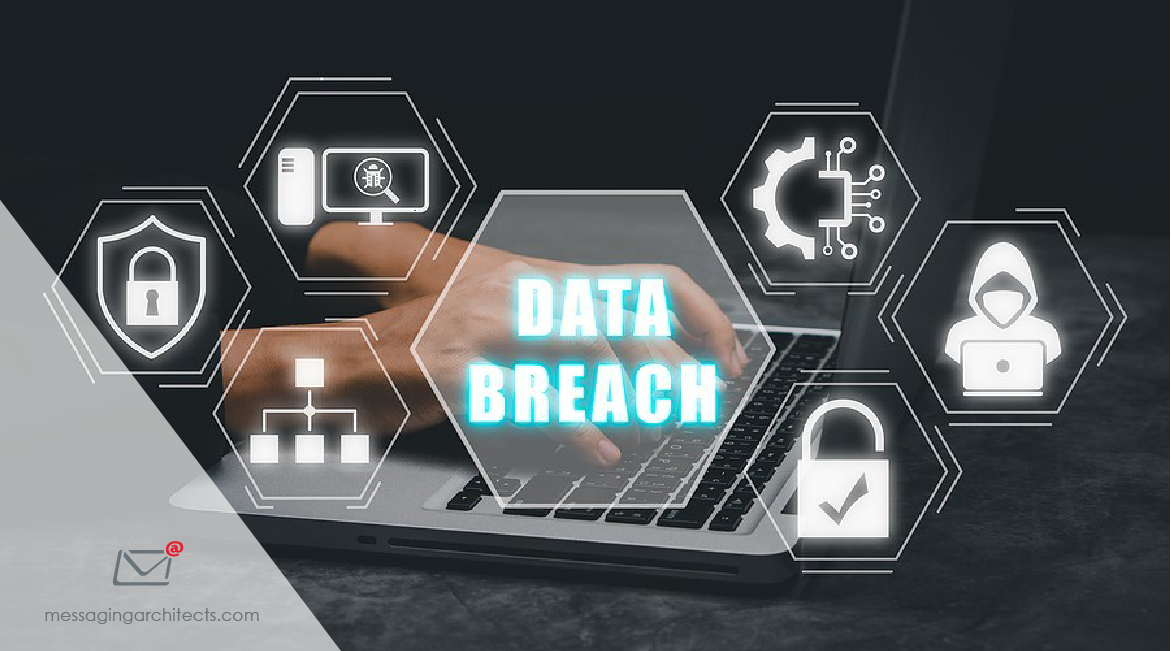The Cost of Ignoring PST Files: Security Risks and Compliance Nightmares
PST (Personal Storage Table) files are one of those advances that seemed like a brilliant workaround when mailboxes hit their limits. Quick, easy, problem solved. PST, a file format used by Microsoft Outlook to store local copies of email messages, calendar events, contacts, and tasks on a computer. It can act as an archive or backup, allowing users to free up mailbox space on the server or their local desktop. Except the problem is actually not solved, because those personal storage table files multiply across your network, becoming a legacy mess that nobody wants to deal with. Until it becomes















